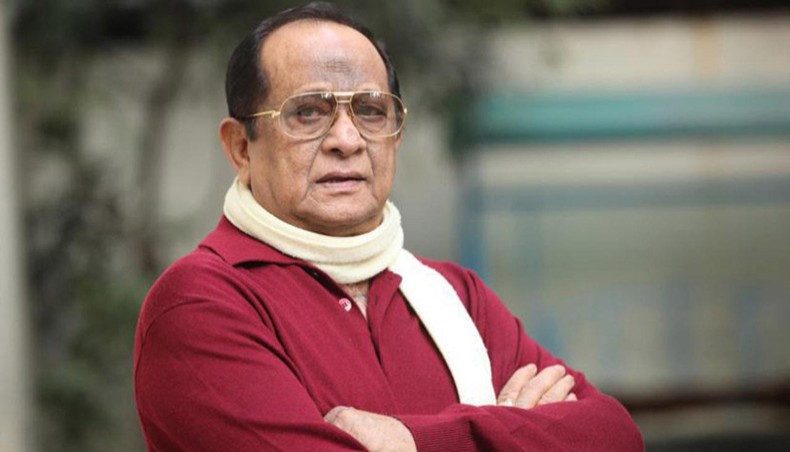“Rother Roshi”, by Rabindranath Tagore, saw a couple of adaptations by different Dhaka troupes last year. Palakar — known for a display of vibrancy by young performers — staged the play on June 14 at the Studio Theatre Hall, Bangladesh Shilpakala Academy. The production has been directed by Shamim Sagar.
This particular piece by Tagore has a universal appeal and still remains relevant. Palakar tried to uphold that spirit — highlighting the timeless message through some oppressed people in an imaginary state.
“Rother Roshi” is one of the most popular plays by Tagore. The story draws elements from the class system, politics and need to establish equality. The play is about the eternal but seemingly static chariot of time.
The troupe depicted a certain class of people, described in the original Tagore text, by a pair of actors. For example, two individuals (Aniket Paul and Usuf-ul Haque) in similar costumes represented the merchant class. Two others represented women, who have a negligible role in trying to move the chariot. Two represent the law enforcers and so on.
The lead roles stay the same: the King (Aminur Rahman), the priest (Nuri Shah) and the poet (Ashikur Rahman). The lower caste, who finally move the chariot, has been represented by the most number (eight to ten) of performers.
The set had a lot of wooden thumbs and small bridge-like structures. The invisibility or absence of the symbolic chariot and the rope on the stage reflected the eternal presence of time, which can’t be seen but can only be felt. Aniket Paul designed the set and costumes.
The music (by Suman Norman and Ajay Das) was live and suited the mood of the sequences.
Palakar produced the play as a tribute to Rabindranath Tagore on his 150th birth anniversary. The troupe premiered the play on June 15 last year.
Source: The Daily Star










